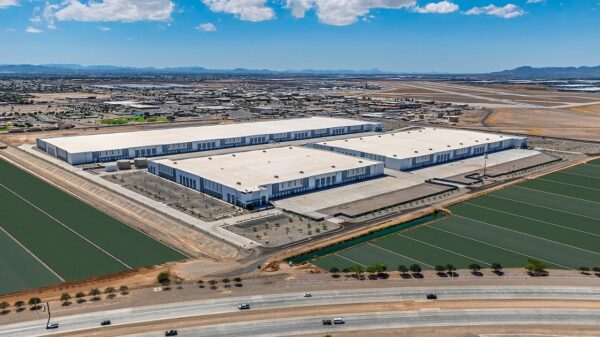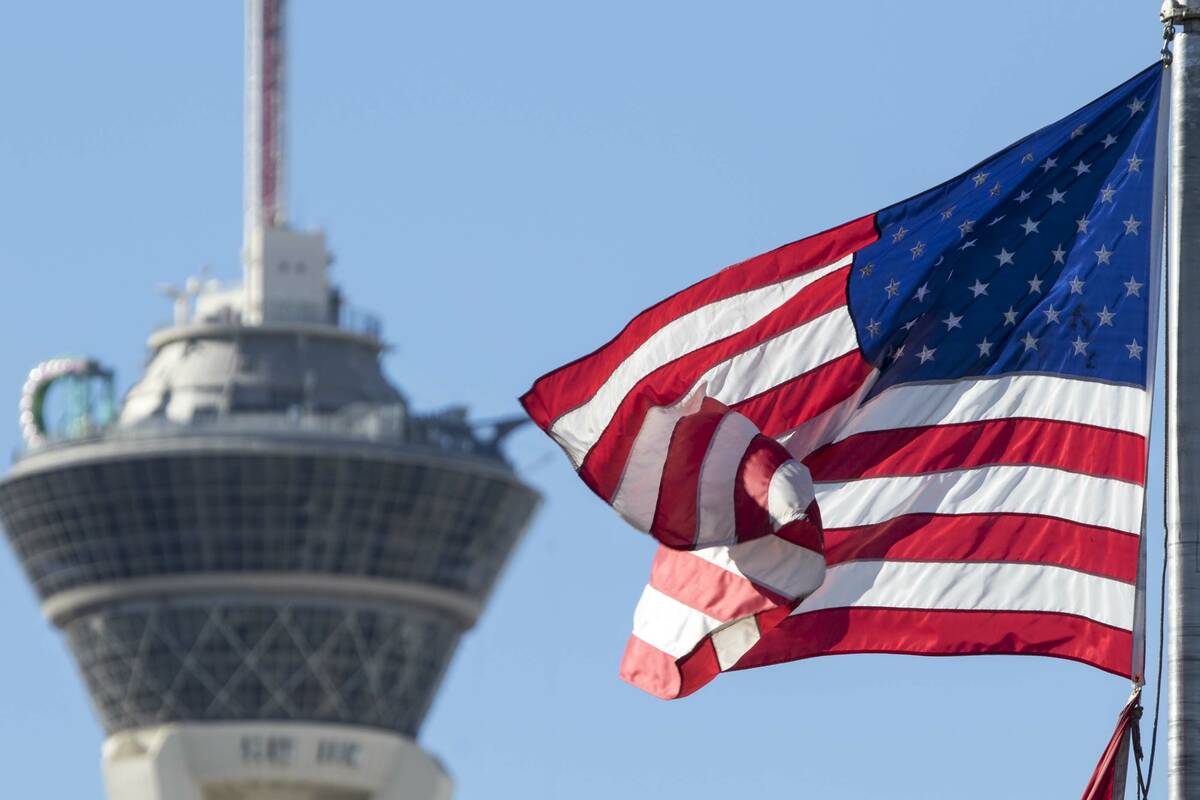Labor Day in the United States, observed on the first Monday in September, carries a different historical context compared to its European counterpart. Celebrated since the late 19th century, this holiday marks a tribute to the contributions of workers in shaping the nation. Julia Vitullo-Martin, editor of “Breaking Away: The Future of Cities,” highlights the origins of Labor Day, noting that Europe’s observance began with a call from the Second Socialist International in 1889.
The Origins of Labor Day
The European Labor Day was established to encourage workers to enforce a holiday on May 1, regardless of the day of the week. As Vitullo-Martin explains, this movement aimed to create disruption, with no expectation of participation from employers or capitalists. In contrast, while the American fight for labor rights was equally challenging, it unfolded in a more conciliatory manner.
In September 1882, the first Labor Day parade was held in New York City, organized by two key figures: Matthew Maguire, a machinist from Paterson, New Jersey, and Peter J. McGuire, a carpenter from New York City who co-founded the United Brotherhood of Carpenters and Joiners. Their efforts resulted in a peaceful celebration, which, by 1894, led to the signing of a bill by President Grover Cleveland that established Labor Day as a national holiday.
A Different Perspective on Labor
This American approach to Labor Day emphasizes a celebration that transcends class and political lines. Vitullo-Martin theorizes that this inclusivity enabled the holiday to be characterized by “picnics, parades, baseball games, and a few mild speeches,” rather than violent confrontations between workers and law enforcement. In Europe, the socialist labor movement typically presented a stark dichotomy: workers were viewed as good, while employers were deemed evil. The focus was on redistributing wealth from exploiters to workers.
In the United States, union leader George Meany encouraged a different ethos. He advised labor representatives to steer clear of divisive politics, recognizing that American workers understood their role in enhancing the productivity and success of their employers. This perspective contributed to a gradual decline in the traditional confrontational style of unions in the private sector.
The contrast between the bureaucratic socialism that has faltered globally and the prosperity experienced by American workers is stark. The well-being of the lowest-paid workers in a free society often surpasses what was once considered a privilege, even among the elite in collectivist regimes.
As Americans gather each year to celebrate Labor Day, they not only enjoy a long weekend but also honor the significant contributions made by workers throughout history. This holiday serves as a reminder of the labor that has built the nation and the ongoing importance of recognizing and valuing work in all its forms.





































































